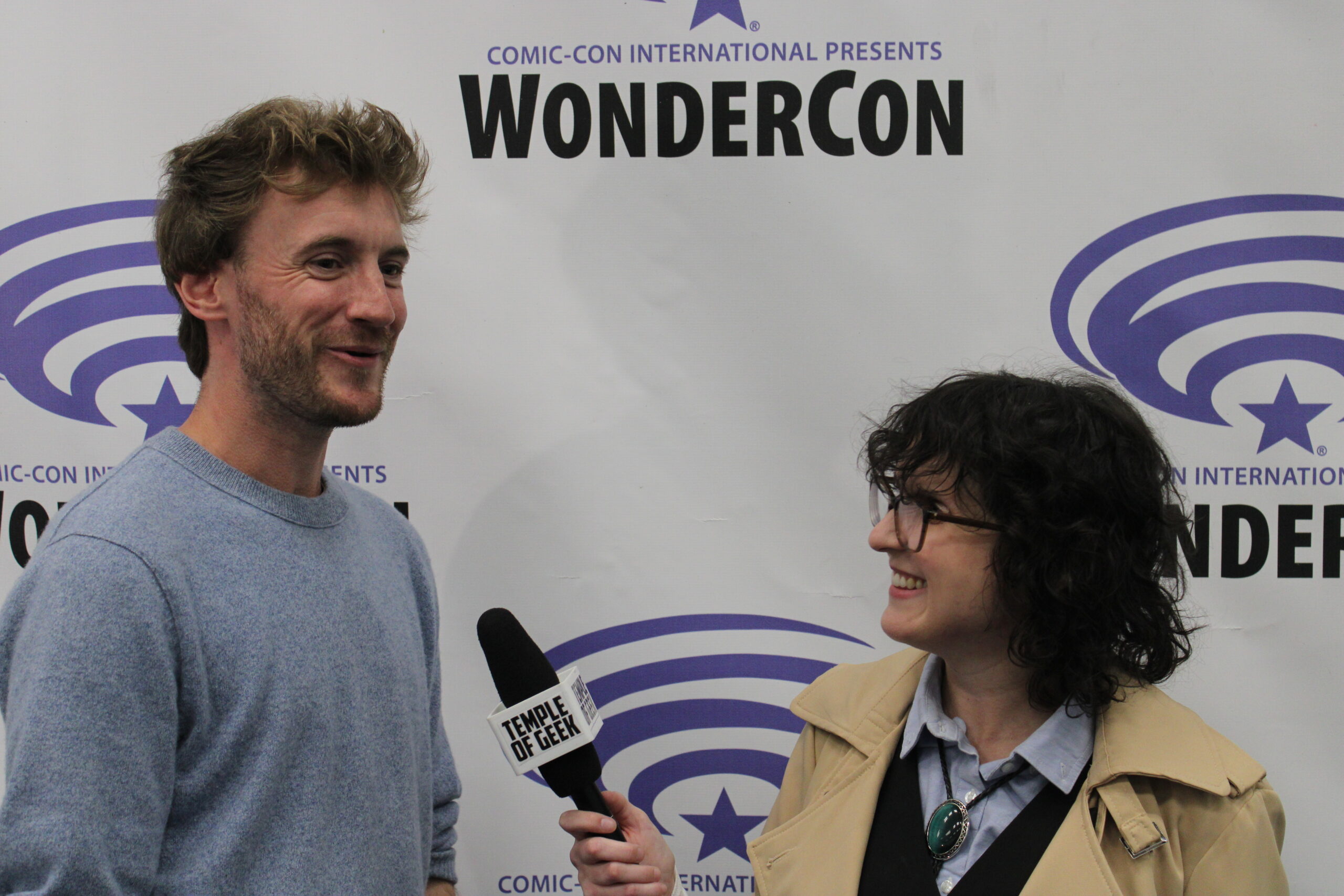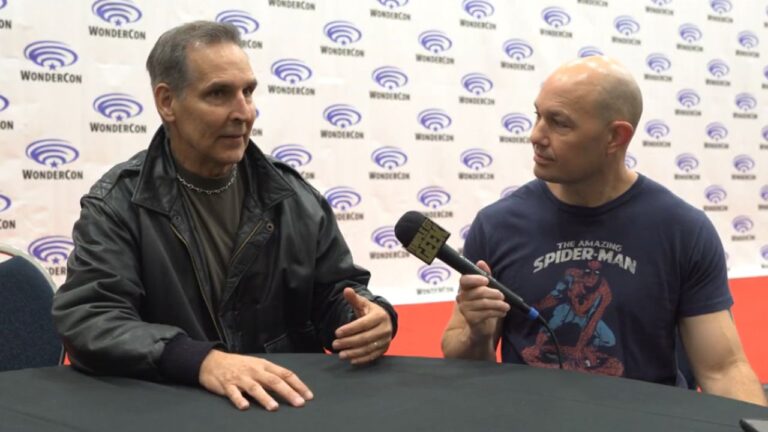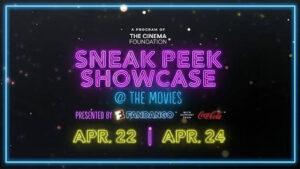WonderCon 2025 was in full swing at the Anaheim Convention Center from March 28 to 30. This convention hosts a variety of incredible panels. Impact24 PR’s “3rd Annual Scene Breakdown: Behind the Camera of Film and TV Shows” panel at WonderCon 2025 gave fans an inside look at their favorite media. Industry experts shared their knowledge of their respective crafts. “Paris Has Fallen” Composer Ian Arber speaks with us about what it is like to compose for film and television.

Ian Arber Interview at WonderCon 2025
This was Ian Arber’s first WonderCon. He mentions that the “Star Wars” cosplay was incredible, and he couldn’t wait to explore more of the convention.
Ian Arber has been playing music since he was three years old. He says that he always wanted to go into a career related to music.
As a composer, he explains that he is not brought into production until pretty late.
[With] ‘Paris Has Fallen,’ the company Urban Myth Films, I work with a lot…when we work together, we’re at script stage. Like, really early on, even as they’re shooting. We were on set for ‘Apollo Has Fallen’ in the UK just last week. Typically, we’re on board at the end when they’re editing, and you’ve got a few weeks left to finish the project. Ideally, like ‘Paris Has Fallen,’ we’re there at the start.
Also, composing for film offers different challenges than for television. Ian explains:
That’s a great question. Yes, very different. Different audience, different schedules, and I’m realizing the audience thing more and more because people are watching it in different ways. Like, when you’re in a theater, you can be much bigger, have a much broader cinematic sound. You do have to think about, on television, you’re fighting with dialogue at points in terms of the actual music that you’re crafting. But also, on television, you tend to have a week per episode when a show starts. Like, you can maybe get on early and start writing some music from the script stage, but still, when you get the edits, the final locked edit of an episode, you probably have a week or two to get it done. And that’s it.
He goes on to say that he only has roughly ten weeks to write seven hours’ worth of music on an eight-episode television show. This is the biggest difference between film and television composition.








